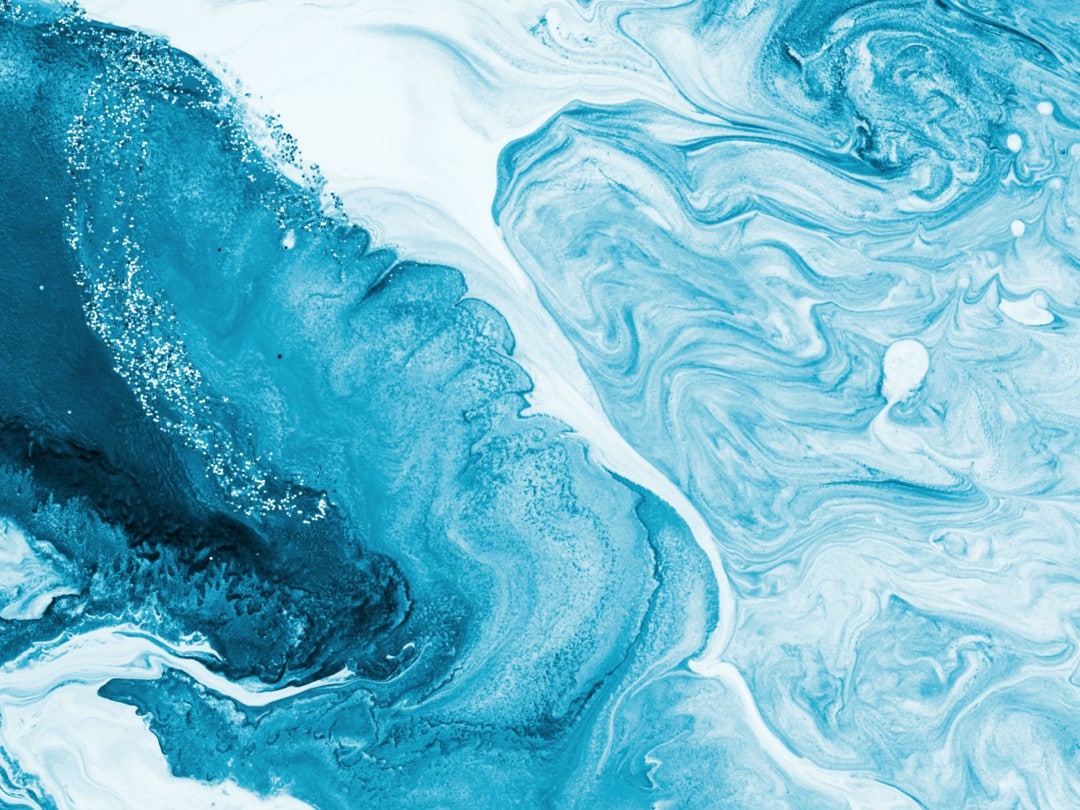
Zinc is found in very low concentrations in our drinking water. It is not very toxic compared to other metals. However, it can affect the taste and color of the water. In addition, when cooking with water with a high zinc content, a film layer can form on the water.
Zinc is a chemical element that belongs to the transition metals. It has a blue-white color and can be found naturally in many ores in the earth’s soil. It is a good conductor and has a low boiling point relative to other metals. Zinc in our water has the oxidation number +2 and is therefore Zn
Zinc and zinc-containing minerals are common in nature. Zinc compounds can end up in groundwater due to erosion.
Zinc is also widely used in various industries. It is part of batteries, coin metal, paint and brass, among others. Zinc can enter the environment through wastewater from such industries. Zinc is also a common material for downspouts, roofing and gutters. Especially water that contains a lot of carbon dioxide can carry zinc from the pipes into the drinking water.
Zinc is also an ingredient in fertilizers, insecticides and fungicides. These zinc-containing compounds can end up in the water through rain, spraying and leakage.
Water with a high concentration of zinc may appear cloudy and have an unpleasant, metallic taste.
Zinc is a trace element that is needed in small quantities in the human body. Among other things, it has a function in the construction of proteins, the functioning of the immune system and the growth and development of tissue.
The following symptoms can occur with a zinc deficiency:
Zinc belongs to the same group of elements as mercury and cadmium, two elements that are both very toxic. Zinc can also be toxic if too much is taken. Signs that indicate an excessively high zinc intake are:
So it is recommended to keep an eye on your zinc intake and make sure it is within the range. For adults, this equates to a zinc intake of 9 to 25 milligrams per day. Do you prefer to drink pure water without zinc? Then filter your tap water with ZeroWater.
Yes, ZeroWater filters 99.9% zinc from the tap water. The Premium 5-Stage Ion Exchange Water Filtration System removes more contaminants than the standard 2-Stage filters. ZeroWater had 150 liters of filtered water (double the rated usage) tested by an independently certified external laboratory during the test. The test results are based on the NSF / ANSI test protocol of flow-through equipment for contaminants listed under the national primary drinking water standards.